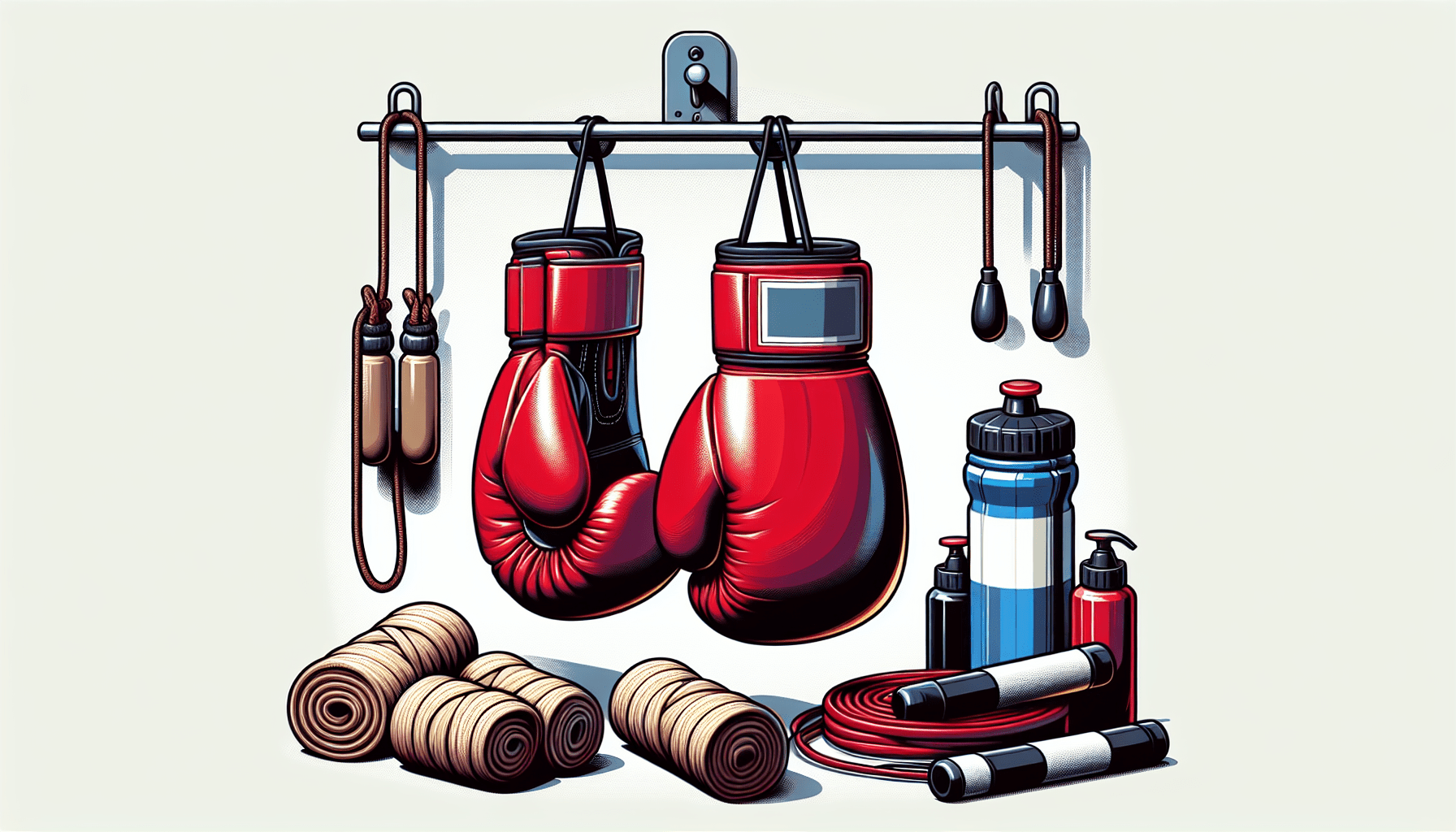Hey there! If you’re wondering whether you can practice Muay Thai on your own, the answer is – absolutely! While it’s always beneficial to have a trainer or partner to work with, there are many ways you can practice and improve your Muay Thai skills solo. From shadowboxing and practicing techniques in front of a mirror to utilizing online resources and instructional videos, there are plenty of options to help you enhance your Muay Thai abilities on your own. So grab your gear and get ready to kick, punch, and elbow your way to success! Can You Practice Muay Thai On Your Own?
Can you really practice Muay Thai by yourself? The short answer is yes – but with some important caveats. Whether you’re a beginner looking to improve your skills or a seasoned practitioner wanting to stay sharp, solo training can be a valuable addition to your practice. In this article, we’ll explore the benefits and challenges of training alone, as well as provide some tips and techniques to help you make the most of your solo sessions.
Benefits of Solo Training
When it comes to practicing Muay Thai on your own, there are several benefits to consider.
Solo training can help you improve your technique, conditioning, and mental focus without the distraction of a partner or group class. This allows you to work at your own pace, focus on specific areas of weakness, and develop a deeper understanding of the techniques involved in Muay Thai.
Improve Technique
Practicing alone allows you to drill specific techniques repeatedly until they become second nature. This kind of focused practice can help you refine your movements, increase your speed and power, and build muscle memory.
Build Conditioning
Solo training can also be a great way to improve your conditioning and endurance. By working through drills and routines on your own, you can push yourself to your limits and improve your cardiovascular fitness, strength, and agility.
Enhance Mental Focus
Training solo requires a high level of mental focus and discipline. By practicing Muay Thai on your own, you can develop the mental fortitude needed to stay sharp and focused during a fight. This kind of mental training can be invaluable when stepping into the ring.
Tips for Practicing Muay Thai Alone
While solo training can be a valuable tool for improving your Muay Thai skills, it’s important to approach it with the right mindset and strategy. Here are some tips to help you make the most of your solo practice sessions:
Set Clear Goals
Before starting your solo training session, take some time to set clear goals for what you want to achieve. Whether it’s improving your technique, building endurance, or mastering a specific combination, having a goal in mind will help you stay focused and motivated.
Create a Routine
Consistency is key when it comes to solo training. Create a training routine that fits your schedule and includes a mix of techniques, drills, and conditioning exercises. By sticking to a regular training schedule, you’ll be more likely to see progress over time.
Use Shadowboxing
Shadowboxing is a fundamental part of Muay Thai training and can be done effectively on your own. Focus on your footwork, head movement, and striking combinations, imagining an opponent in front of you. Shadowboxing is a great way to improve your form, timing, and rhythm.
Invest in Equipment
While you don’t need a lot of fancy equipment to practice Muay Thai on your own, there are a few key items that can enhance your training sessions. Consider investing in a good pair of boxing gloves, hand wraps, a heavy bag, and a jump rope to add variety to your workouts.
Record Your Sessions
Recording your solo training sessions can be a valuable tool for self-assessment and improvement. By watching yourself train, you can identify areas of weakness, adjust your technique, and track your progress over time. Consider using a smartphone or camera to record your sessions.
Stay Motivated
Training alone can be challenging, so it’s important to find ways to stay motivated and engaged. Set small, achievable goals for each training session, reward yourself for reaching milestones, and stay connected with the Muay Thai community for support and inspiration.
Challenges of Practicing Muay Thai Alone
While solo training can offer many benefits, there are also some challenges to consider when practicing Muay Thai on your own.
Lack of Feedback
One of the biggest challenges of training alone is the lack of real-time feedback from a coach or training partner. Without someone to correct your form, provide guidance, and push you to improve, it can be easy to develop bad habits or plateau in your training.
Limited Sparring Opportunities
Sparring is an essential component of Muay Thai training, but it can be difficult to practice on your own. While you can simulate sparring with a heavy bag or shadowboxing, nothing beats the experience of going head-to-head with a real opponent.
Risk of Injury
Without proper supervision and guidance, there is an increased risk of injury when practicing Muay Thai on your own. It’s important to listen to your body, avoid overtraining, and seek out professional instruction when learning new techniques to avoid injury.
Conclusion
In conclusion, practicing Muay Thai on your own is a valuable and rewarding experience that can help you improve your technique, conditioning, and mental focus. By setting clear goals, creating a routine, using shadowboxing, investing in equipment, recording your sessions, and staying motivated, you can make the most of your solo training sessions.
While there are challenges to training alone, such as limited feedback, sparring opportunities, and the risk of injury, with the right mindset and strategy, you can overcome these obstacles and continue to grow as a Muay Thai practitioner. So go ahead – grab your gloves, step onto the mat, and start practicing Muay Thai on your own. The journey to mastery begins with a single strike.
